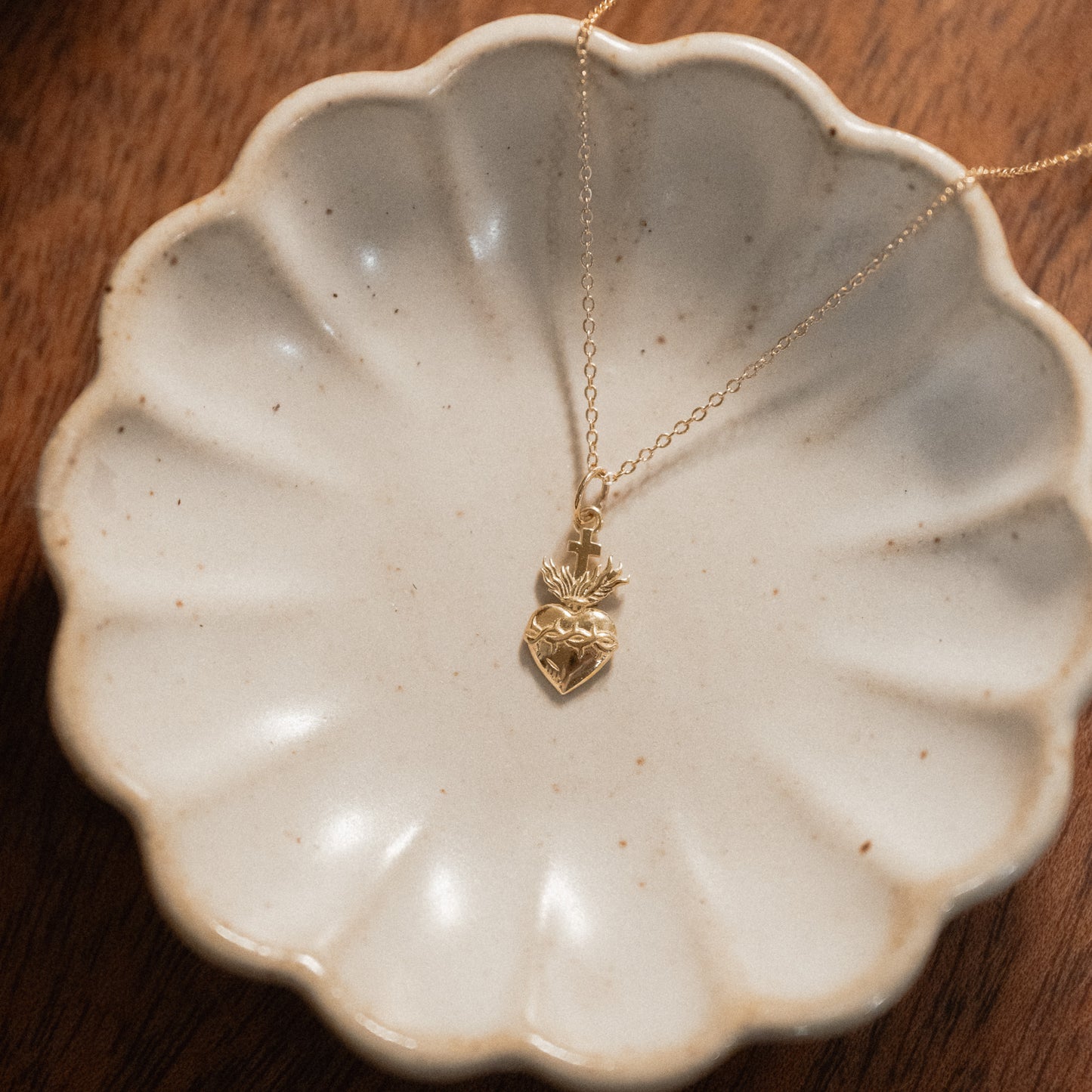Black Friday is here, and with it comes a plethora of shoppers seeking out the best deals for their holiday shopping. While we all love landing a good discount on goods, we’re here to set the record straight on the most popular shopping day of the year and explain its negative effect on small business owners.
While some might attribute Black Friday to merchants going from negative sales (or operating in the red) to making profits (operating in black, or having their accounting books balance out), this is not the actual origin of the day but rather the modern explanation for it. Black Friday as a term originates from the plot of two Wall Street brokers named Jay Gould and Jim Fisk, who invested in purchasing huge amounts of gold in the U.S. where they hoped to inflate the value and sell it off for profit. However, their plan failed, and the economic crash that followed tanked the stock market and bankrupted thousands.
So where did the Black Friday we know as consumers even come from? Well, Black Friday, as a post-Thanksgiving shopping holiday, originates from Philadelphia, where thousands of shoppers would descend upon the city in the 50s a day early to nab some deals in advance of the Army-Navy football game that is annually held on the following Saturday. The game has since then moved from this date to December and started touring other cities. However, the tradition of Black Friday originated in Philly, where police officers were scheduled to work longer shifts to bring order to the influx of people. Shoplifting also increased on this day due to the masses of people in stores, making police presence necessary for stores.
Beyond the history lesson, though, there are lasting effects of Black Friday, especially for small business owners. Consumers have gotten used to a certain level of quality and service due to big box retailers with thousands of people behind their operations, causing customers to see shopping holidays as an even bigger chance to save. Again, we all love a good sale - but for small businesses that already operate with limited resources daily, it isn’t realistic for all of them to participate in Black Friday, and we shouldn’t expect them to.
This year we’re sitting out Black Friday because, after much deliberation, we realized that we were considering running a sale because it was a box to check off, and FOMO was setting in. What traffic would we lose out on? What potential sales would we miss? But, most importantly, would we be letting our customers down? Yet, it seemed forced and inauthentic for us to run any sale. So we made the call, no Black Friday sales for us. And, once we released ourselves from that expectation, it made us wonder, how many small businesses host sales because they feel the pressure and the expectation of a big box retailer driven economy?
Earlier this week, we went public with our feelings on an Instagram post, and to our surprise, a few business owners shared that they had the same sentiments, and suddenly it all felt very right. Even though we knew we were following our gut, the outpour of support made us realize that we’re not alone. One business owner commented, “I am on the same page with you. I may have some launching discount later, but because of the handmade nature of our products, we cannot always participate…”
Needless to say, we are happy we followed our instinct! The truth is we have no blueprint for what we're doing, but we know one thing for sure: any decision made will be done with heart. We hope you stick around!





